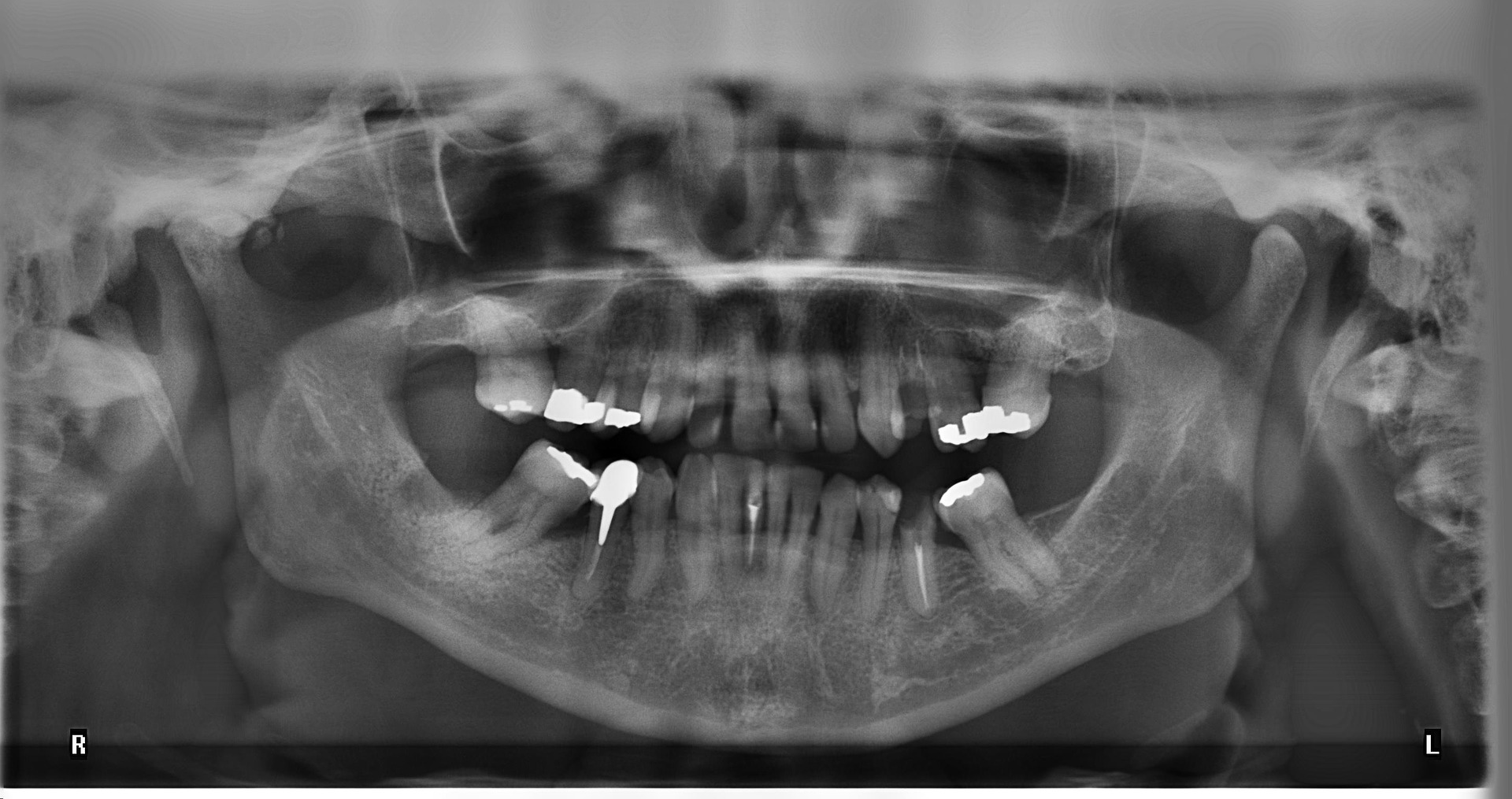If you have a toothache, have noticed discolouration that you believe could be a cavity, or have been warned about the risks of sugary foods, you may be wondering what exactly a filling is and how they are placed. In this article we discuss why you might need a filling, the options to choose from and importantly, how to try to avoid one altogether.
What is a filling?
A filling is a durable substance placed by a dentist to fill a cavity within a tooth. They can vary depending on the position and size of the cavity within the tooth. They can be made from different materials including amalgam, composite resin and gold.
When do you need a filling?
A filling is required when a cavity has formed in the tooth, usually due to a build-up of plaque and decay caused from poor oral hygiene and diet, and it finds its way through the tooth’s hard enamel surface.
How is a filling fitted?
Before placing a filling, your dentist will first need to remove all decay from the tooth cavity and clean the surrounding areas. It may not be initially obvious as to how deep the cavity extends within the tooth, so the dentist may need a little bit of time to explore the full extent of the decay and whether or not the nerve is at risk.
If the nerve is still protected by the dentine in the tooth, then only a filling will be required, however if the decay extends into the soft dental pulp and has aggravated the nerve, then a root canal procedure may be necessary.
What are the different options for fillings?
There are a few different materials that a filling can be made from, varying in colour, strength and price. If you require a filling, your dentist will be able to talk you through all of the different options available and which would be best suited to your needs. Below are the main filling materials that are widely used by dentists:
- Amalgam: this silver looking filling is very common and is made from a mixture of metals. It is often the cheapest option to fill a cavity and is relatively durable, so it should last many years. Due to its dark colour, an amalgam filling is noticeable against the whiteness of teeth, so is often best suited to molars or the upper jaw if the patient is concerned about appearance. These days many of our patients would prefer not to have amalgam fillings and will usually prefer one of the options below.
- Composite resins: this type of filling is made of a plastic material and is white in colour so appears more natural against the teeth than an amalgam alternative. The filling comes as a paste and is placed in the cavity, and is then hardened with UV light. Composite resin fillings can sometimes be less durable than other alternatives, and patients may find that over a number of years they need slight repairs or begin to wear down. They are, however, more expensive than amalgam and are generally selected for more visible fillings to keep a natural looking smile.
- Gold – this precious metal is used in fillings due to its durability and the fact that it is often well accepted by the body and the surrounding gum tissue. When well cared for, gold fillings can last for over 20 years, however they are more expensive than amalgam and composite resin alternatives.
- Porcelain – sometimes called inlays or onlays, porcelain is specially crafted for the shape of the cavity in a lab and then later bonded to the tooth. The colour of the material is well matched to our natural enamel and porcelain is more resistant to staining than a composite resin alternative, as well as being highly durable. As a result, it is at the higher end of the price scale for filling options.
How long do fillings last?
The length of time that a filling will last without needing repair or replacement varies depending on the size, the material used and how well it is looked after. The most durable options such as amalgam and gold can last decades if they are fitted by a skilled dentist and are well cared for by the patient.
Composite resin fillings are slightly more fragile and can need repairs after a number of years. When well looked after, they can last around 10 years without needing attention. As with natural enamel, all types of fillings can become damaged by chewing on particularly hard food or objects.
How to prevent a filling – Daily Routine
Looking after your teeth can prevent a wide range of oral health problems, including the need for a filling. The first rule of good oral health is to brush well with fluoride toothpaste, at least twice a day, once in the morning and once at night. Although we don’t eat food during the night, our mouths naturally become drier when we sleep, which deprives our teeth of saliva’s bacteria fighting properties. This means that plaque can form undisturbed overnight and should be brushed away in the morning when we wake.
Although you don’t necessarily need to brush after every meal, sugar-free chewing gum can be used throughout the day to encourage saliva production which supplies our enamel with essential minerals for strength against bacteria. Mouthwash can also be used during the day to clean away plaque and your dentist can advise on the best mouthwash for your needs.
Brushing once more before bed will also help remove any bacteria and food residue that has accumulated during the day and stop plaque multiplying to form cavities. Flossing or using interdental brushes daily is also recommended as it helps to remove bacteria that forms in the spaces between our teeth that a toothbrush can’t reach. Your hygienist will help you select the best brushing aids for you.
If you think you may require a filling, the best advice is to see your dentist as soon as possible so they can advise on the best course of action to prevent any further damage to the tooth. To speak to one of our highly-skilled dentists and to schedule a check-up, contact us at Vitality and feel confident that your smile is in good hands.


